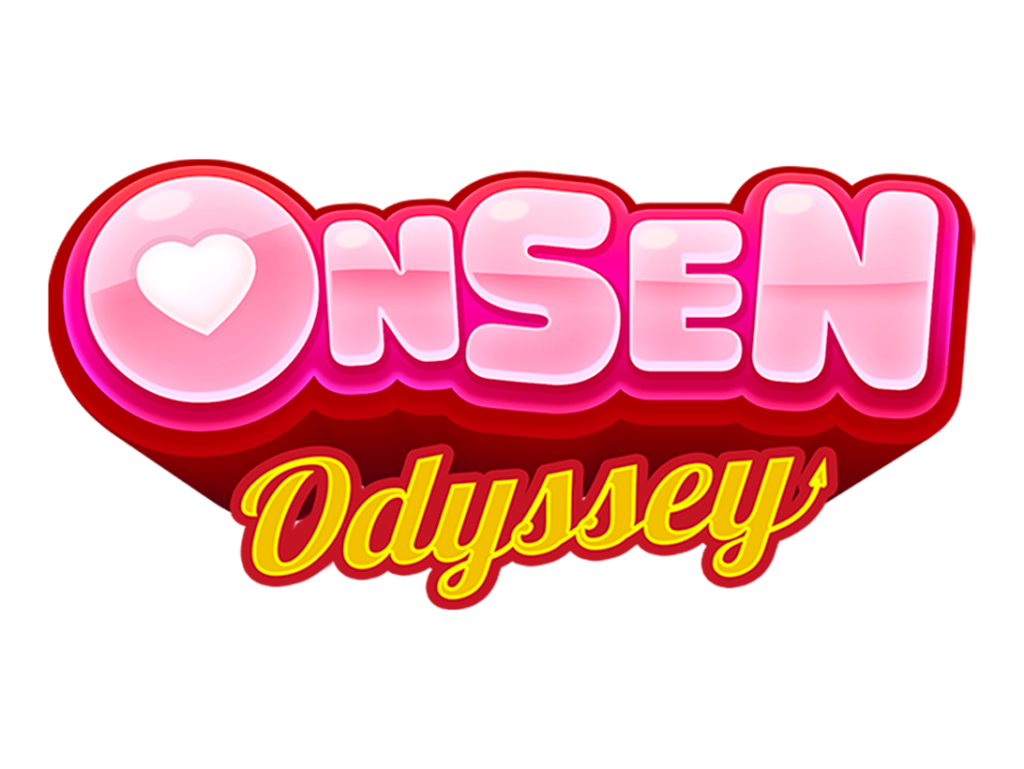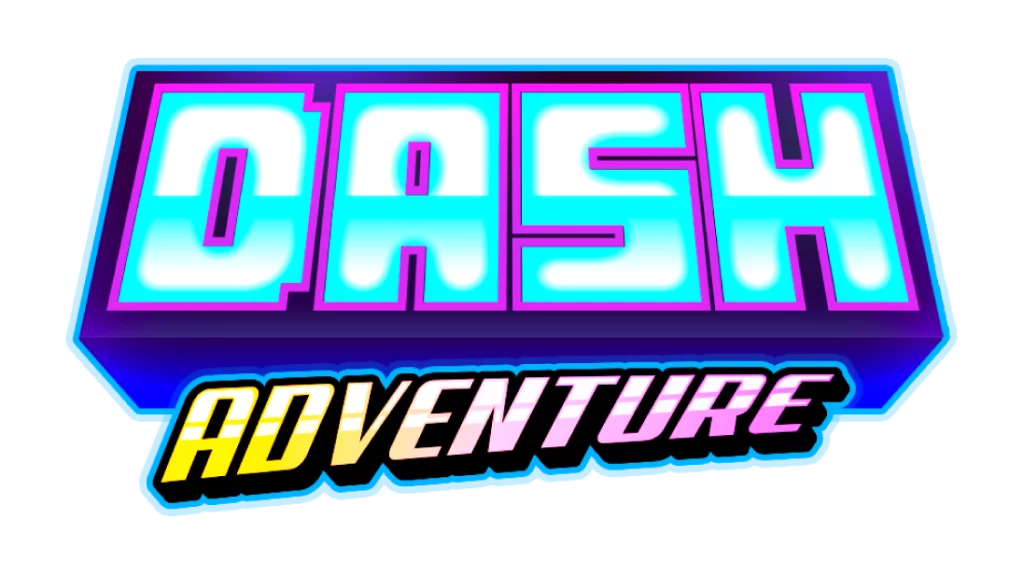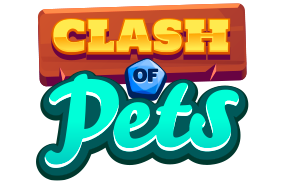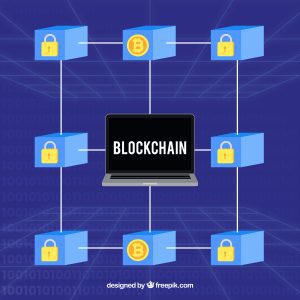Hey there, mobile gamers and play-to-earn enthusiasts! Let’s talk about a revolution in the gaming industry that’s taking the world by storm – NFT games. These innovative games combine the benefits of NFT, like true ownership and enhanced security, with the excitement of gaming.
In this article, we will explore the numerous benefits of NFT games for players and game developers, delving into their unique value proposition, economic advantages, and their role as a platform for artistic expression and branding. Furthermore, we’ll take a look at some notable blockchain games that have made their mark in the industry and discuss the future of NFT gaming.
Ready to dive in? Let’s go!
The Unique Value Proposition of NFT Games
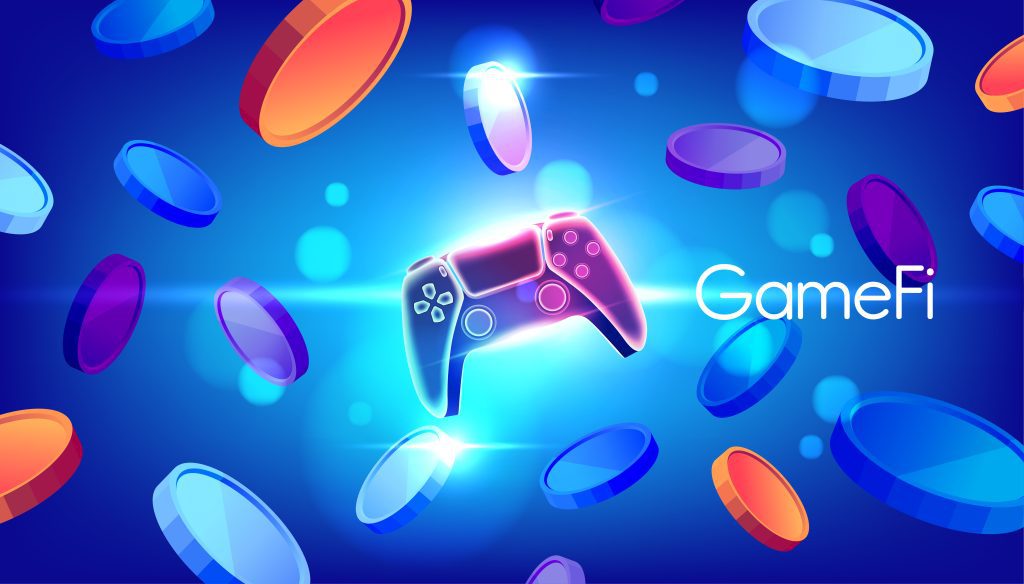

NFT games are revolutionizing the gaming industry by offering a set of unparalleled benefits that cater to the needs of both players and developers. Let’s dive into the unique value proposition of crypto games and discover what sets them apart from traditional gaming experiences.
‣ True ownership of in-game assets
One of the coolest things about NFT games is that you truly own your in-game assets. That’s right! Your digital treasures are yours to keep, trade, or sell as you wish. No more worrying about losing your progress if the game shuts down.
This is only possible thanks to the blockchain technology that underpins NFTs, which ensures that each in-game asset is unique and cannot have a duplicated. As a result, players can buy, sell, trade, or even lease their NFT-based in-game items without any interference from the game developers.
Also, true ownership adds a layer of depth and immersion to the gaming experience. As players invest time and resources into their in-game assets, they develop a stronger attachment to their digital possessions.
‣ Interoperability and cross-platform functionality
In traditional gaming, in-game assets are often restricted to the specific game or platform they were created for, limiting their utility and value. However, in the NFT gaming world, you’re not locked into a single platform. Your NFTs can often be used across multiple games and platforms, giving you more freedom and flexibility in your gaming experience.
The interoperability of NFTs is made possible by the use of shared standards and protocols, such as the Ethereum-based ERC-721 and ERC-1155 tokens. These standards ensure that NFTs can be easily transferred between different games and platforms, opening up opportunities for cross-platform gaming experiences and collaborations between game developers.
For players, this means they can utilize their hard-earned in-game assets in new and exciting ways, creating a more versatile and engaging gaming experience.
‣ Monetization and real-world value of in-game assets
One of the most appealing aspects of NFT games is the ability for players to monetize their in-game assets and translate their virtual achievements into real-world value. With NFTs, players can buy, sell, or trade in-game items, characters, and other assets in marketplaces, allowing them to capitalize on their gaming skills and investments.
The real-world value of NFT game assets is determined by factors such as rarity, utility, and demand. Players who collect rare or valuable assets can potentially earn a significant return on their investment, providing an additional incentive to engage with the game and develop their in-game resources.
‣ Enhanced security and protection from fraud
NFTs offer enhanced security and protection from fraud compared to traditional in-game assets. Built on blockchain technology, NFTs are tamper-proof and immutable, ensuring the authenticity and provenance of digital assets. Each NFT is unique and cannot be replicated, eliminating the risk of counterfeiting or duplication.
For game developers, the security features of NFTs help maintain the integrity of their games and protect their reputation in the gaming community.
With your digital assets securely stored on the blockchain, you can game on with peace of mind.
‣ Transparency and provable scarcity
NFTs provide a transparent and verifiable record of asset ownership and history, thanks to the underlying blockchain technology. This transparency enables players to verify the scarcity and value of their in-game assets, contributing to a more engaging and rewarding gaming experience.
Provable scarcity is a key factor in driving the value of NFT game assets, as it creates a sense of exclusivity and prestige for players who own rare or limited items. The blockchain verifies and ensures the genuine scarcity of NFTs, enabling players to trust that their investments in rare assets have real value.
Economic Benefits of NFT Games
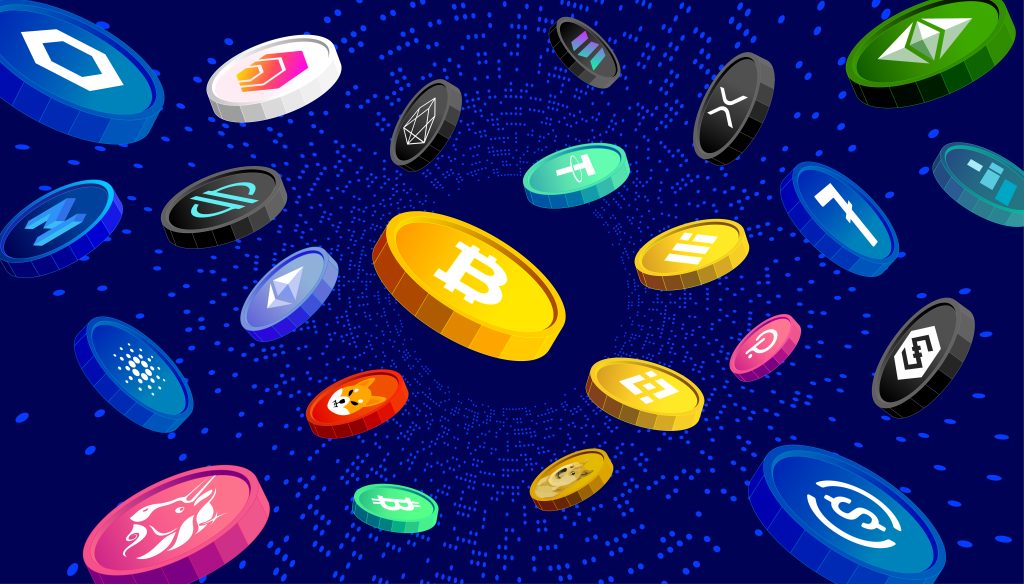

NFT games are not only revolutionizing the gaming experience for players but also creating new economic opportunities for both developers and the wider gaming community. From generating new revenue streams for developers to fostering player-driven economies, NFT games are paving the way for a more sustainable and lucrative gaming ecosystem.
Creating new revenue streams for developers
NFT games present game developers with a variety of innovative ways to generate revenue, beyond traditional methods such as in-game purchases and advertising. Some of the key revenue streams for developers in the NFT gaming space are:
- Attracting venture capital: The rapid growth and potential of the NFT gaming market make it an attractive investment for venture capital firms, providing developers with the funding needed to launch and scale their projects without relying solely on personal funds.
- Uncrowded market and scalability: As the NFT gaming space is still relatively new, developers have the opportunity to create innovative products with little competition, allowing them to scale their businesses and reach new heights.
- New ways of income: NFT games enable developers to monetize in-game assets, charge entrance fees, and earn transaction fees from asset transfers, creating a diverse range of revenue streams that can support the ongoing development and success of their games.
Encouraging player-driven economies
Players can take charge of their gaming experience by investing in NFT game assets, transferring ownership, and even making money while they play. It’s a win-win for both gamers and developers!
Some of the ways NFT games encourage player-driven economies include:
- Investment opportunities: By offering players the chance to invest in scarce game assets with the potential for high returns on investment (ROI), NFT games provide an incentive for players to engage with the game and contribute to its growth.
- Transfer of ownership: In NFT games, players can sell their game collectibles and transfer ownership to other players, creating a vibrant marketplace.
- Earning money while playing: The play-to-earn model of NFT games enables players to combine fun and profit, offering an alternative to traditional office jobs or passive income streams. By participating in NFT games, players can earn rewards and monetize their gaming skills, creating a more sustainable and rewarding gaming ecosystem.
Notable NFT Games and their Success Stories
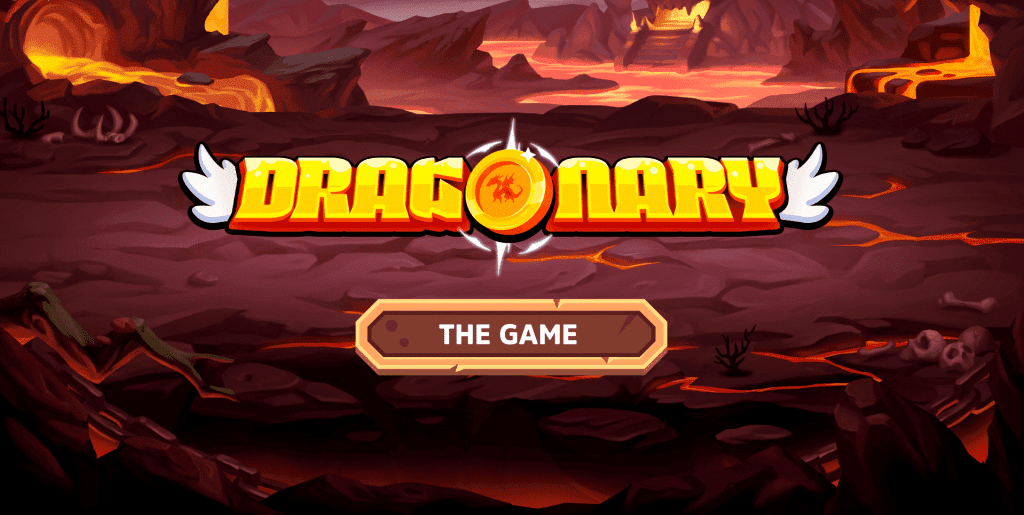

Success stories that showcase the potential and impact of this new gaming paradigm fill the NFT gaming landscape. Here are some notable NFT games that have captured the imagination of players and investors alike:
- Axie Infinity and Dragonary: Both of these games have experienced rapid growth and widespread adoption, thanks to their engaging gameplay, unique in-game economies, and innovative use of NFTs and blockchain technology. Dragonary, set in the enchanting Coinaryverse, is an action-adventure game that combines dragon taming with NFTs and a unique in-game economy, immersing players in a vibrant world filled with quests, battles, and customizable dragons.
- CryptoKitties: As one of the earliest and most influential NFT games, CryptoKitties allowed players to breed, collect, and trade unique virtual cats, demonstrating the potential for NFTs in gaming and sparking a wave of interest in the space.
- Decentraland: This immersive virtual world enables players to purchase, customize, and monetize virtual land and assets using NFTs, creating a dynamic and interactive environment that blurs the lines between gaming and the real world.
The Future of NFT Games
Though there are potential challenges and concerns, NFT games are undoubtedly shaping the future of the gaming industry. As new trends and innovations emerge, NFT gaming is sure to keep evolving and growing.
As with any new technology, NFT games face challenges such as regulatory scrutiny, potential security vulnerabilities, and environmental concerns related to the energy consumption of blockchain networks. Addressing these issues is vital to ensure the sustainable growth and widespread adoption of NFT games.
By introducing new economic models, encouraging creative collaboration, and empowering players with true ownership of in-game assets, NFT games can redefine the gaming landscape and pave the way for innovative experiences that captivate audiences worldwide.
Closing Thoughts
The success stories of games like Axie Infinity, Dragonary, CryptoKitties, and Decentraland demonstrate the potential of NFTs in gaming, and with ongoing innovations and development, the future of NFT games looks bright.
In a nutshell, NFT games offer incredible benefits for both players and game developers, from true asset ownership to exciting new revenue streams. So why not give blockchain gaming a try and see what all the buzz is about?




